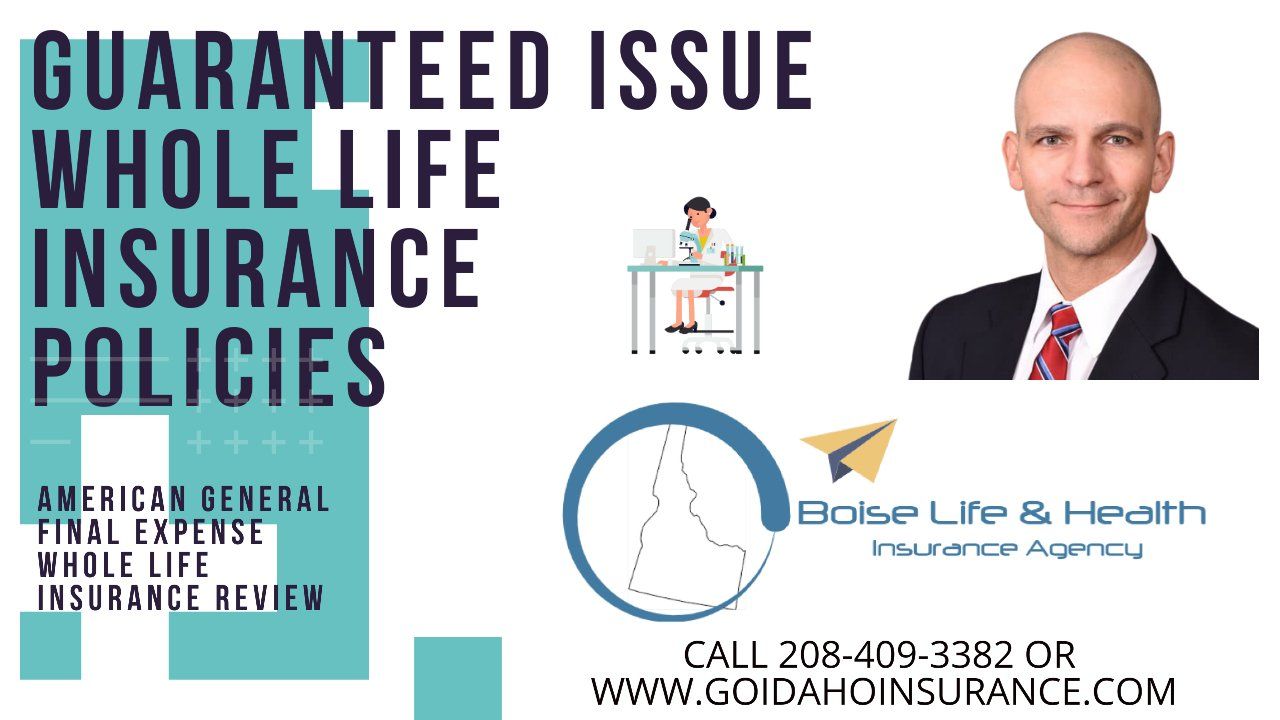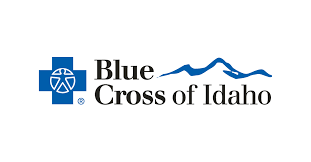Health Share vs. ACA Marketplace in Idaho
Boise families and self‑employed residents often ask whether a Health Share or an ACA Marketplace plan will save them more over a year. The short answer: it depends on your health needs, income (for subsidies), and comfort with guidelines.
Below is a practical breakdown focused on real‑world trade‑offs so you can choose with confidence.
What Each Option Is
- ACA Plan: Affordable Care Act‑compliant insurance. Guaranteed issue, essential benefits, preventive care, and access to tax credits through Your Health Idaho, based on household income.
- Health Share: A membership‑based cost‑sharing community (not insurance). Members contribute a monthly “share.” Eligible medical bills are shared according to the program’s guidelines.

| Category | ACA Plans | Health Share |
|---|---|---|
| Eligibility | Guaranteed issue | Membership guidelines; some lifestyle requirements |
| Pre-existing | Covered | May have waiting periods/limits |
| Subsidies | Yes (income‑based) | No |
| Monthly Cost | Lower w/ subsidy; higher w/o | Often lower sticker price |
| Networks | PPO/HMO; check St. Luke’s/St. Al’s | Any doctor (cash pay + reimbursement) or limited networks |
| Billing | EOBs, negotiated rates | Reimbursement submissions; cash pricing |
| Best For | Subsidy‑eligible, ongoing care | Generally healthy, budget‑focused, comfortable with rules |
When ACA Usually Wins in Boise
- You qualify for premium tax credits (subsidies). This can drop premiums dramatically.
- You want guaranteed coverage regardless of health history.
- You need predictable access to St. Luke’s or St. Alphonsus doctors under specific networks.
- You prefer traditional Explanation of Benefits and standardized appeals.
When Health Shares Can Make Sense
- Your income is too high for ACA subsidies and premiums feel steep.
- You’re generally healthy with infrequent care and want lower monthly costs.
- You are comfortable following membership guidelines, paying cash rates, and filing for reimbursement.
- You value the ability to see any provider (cash pay) and negotiate direct pricing for non‑emergent care.
Real‑World Budgeting (Total Cost vs Premium Only)
Many households focus only on the monthly bill. The smarter approach is total annual cost: monthly premium/share + typical out‑of‑pocket (deductibles, copays, coinsurance) + medications.
- For ACA, we estimate true exposure based on likely utilization and your prescriptions.
- For Health Shares, we review incident‑based costs, limits, maternity rules, and how reimbursements historically work for similar cases.
Provider & Pharmacy Experience
- ACA: You’ll use the plan’s network; we verify your doctors and preferred hospitals (e.g., St. Luke’s, St. Al’s) before enrollment.
- Health Shares: Many providers accept cash rates readily. We coach you on asking for self‑pay pricing, collecting itemized invoices, and submitting needs for sharing.
Common Questions
- Will my doctor take a Health Share?
- Often yes as self‑pay; we confirm expectations and typical reimbursement timelines.
- Can I switch later?
- ACA changes are tied to open enrollment/qualifying events. Health Share enrollment can be more flexible; we time transitions to avoid gaps.
- What about prescriptions?
- ACA has formulary rules and tiers; we run a med check. Health Shares vary—some offer discount programs or limited sharing. We plan around your actual meds.
How We Help Boise Families Decide
- Income & subsidy check (for Your Health Idaho) to see if ACA lowers costs.
- Provider match (are your doctors/hospitals in-network?).
- Medication audit (annual and seasonal meds).
- Risk tolerance discussion (comfort with guidelines, reimbursements, and limits).
- 12‑month cost model for both paths so you see dollars—not guesswork.
Next Step
Ask for our
10‑minute cost check. We’ll run ACA vs Health Share numbers for your household and recommend a path that fits your budget and care needs.











